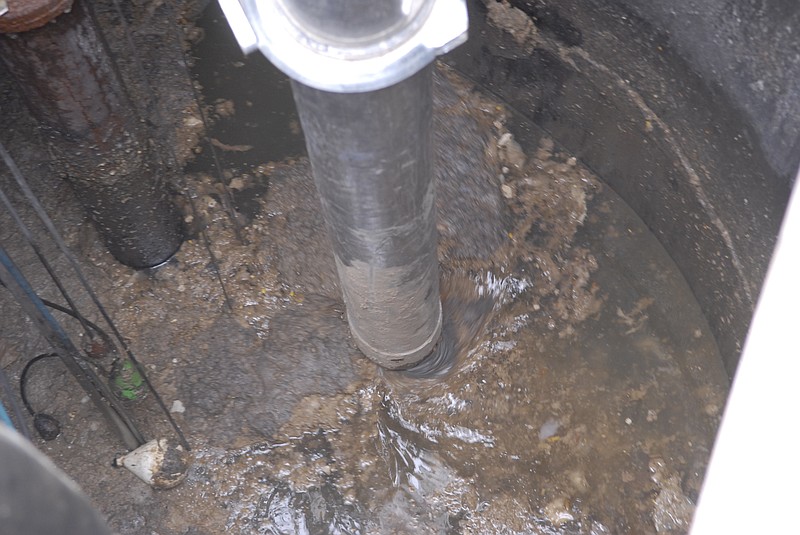A state government that doesn't examine its agencies on a regular basis invites further bureaucracy, which is good for no one.
So a legislative review for the Hamilton County Water and Wastewater Treatment Authority (WWTA), which was created after a state law was passed in 1994, sounds like a good idea.
But since such a review - the prospects of which are currently pending in a bill before the Tennessee General Assembly - could end the agency's existence on July 1, 2019, and fold operations finto the Hamilton County government, it may be too soon to call for such a thing.
Could there be a better way? Could there be ways for everyone involved to settle what don't seem like insurmountable issues that customers, business owners and plumbers have with the agency?
One way to help could be another bill in the legislature, one - sponsored by Sen. Bo Watson, R-Chattanooga, and Rep. Marc Gravitt, R-East Ridge - that would require WWTA customers to make a deposit for sewer services when they begin water service. In exchange, the WWTA would stop trying to collect unpaid fees from the likes of building owners or new tenants, who in most cases have nothing to do with uncollected fees from previous tenants.
WWTA saw a marked drop in revenue in 2012 when Tennessee American Water Co., which supplies water to much of the sewer authority's service area, decided to drop its decades-long joint billing. When the now orphan agency tried to collect its fees by employing an out-of-state company, customers were unclear who was asking them for money and, in some cases, just refused to pay.
Since then, Tennessee American balked at returning to joint billing and says its software is unable to send prospective customers first to the WWTA to make sure they also pay their sewer bills.
A deposit or activation fee is common with utilities and is a smart way for the WWTA to recoup some of the uncollected fees for owners or renters who skip out on payments.
EPB, for instance, charges some customers a deposit, Tennessee American Water Co. requires a $15 activation fee, and Chattanooga Gas assesses a $15 service charge to the first bill for new accounts and also may collect a deposit.
Software issues, determining how payments can be collected and finding a mechanism to collect them locally seem like solvable problems. If Tennessee American, the WWTA and the WWTA board-approving Hamilton County government can't solve those, in another year, say, a state review is probably necessary.
